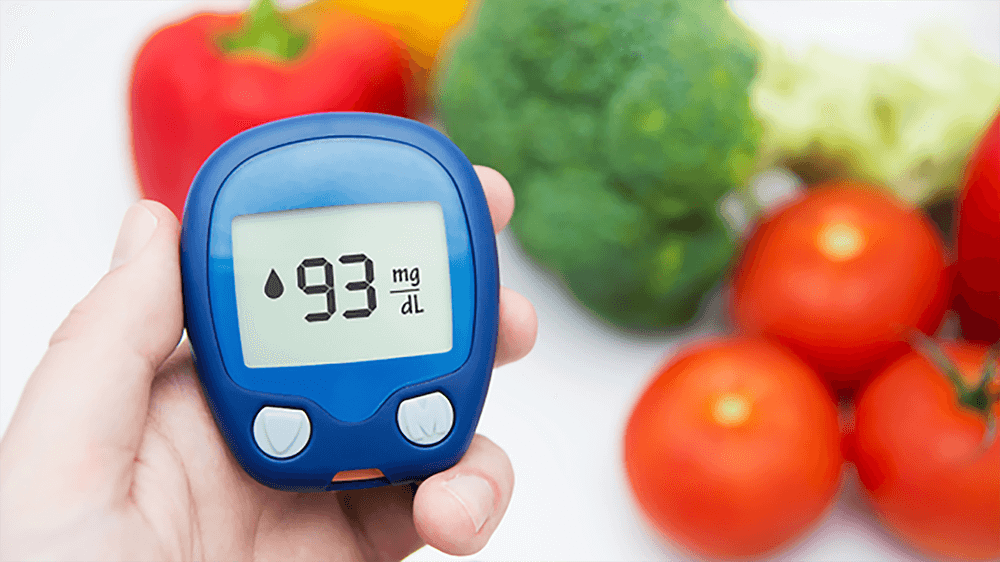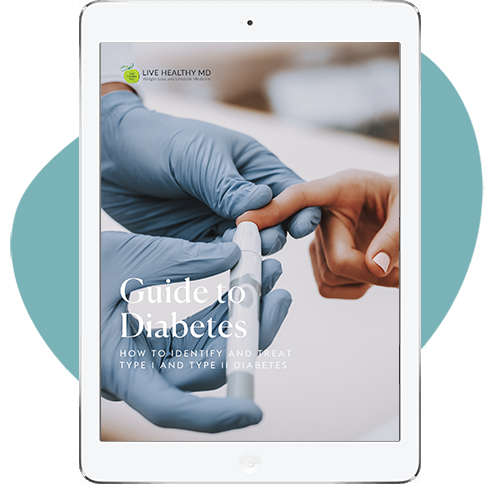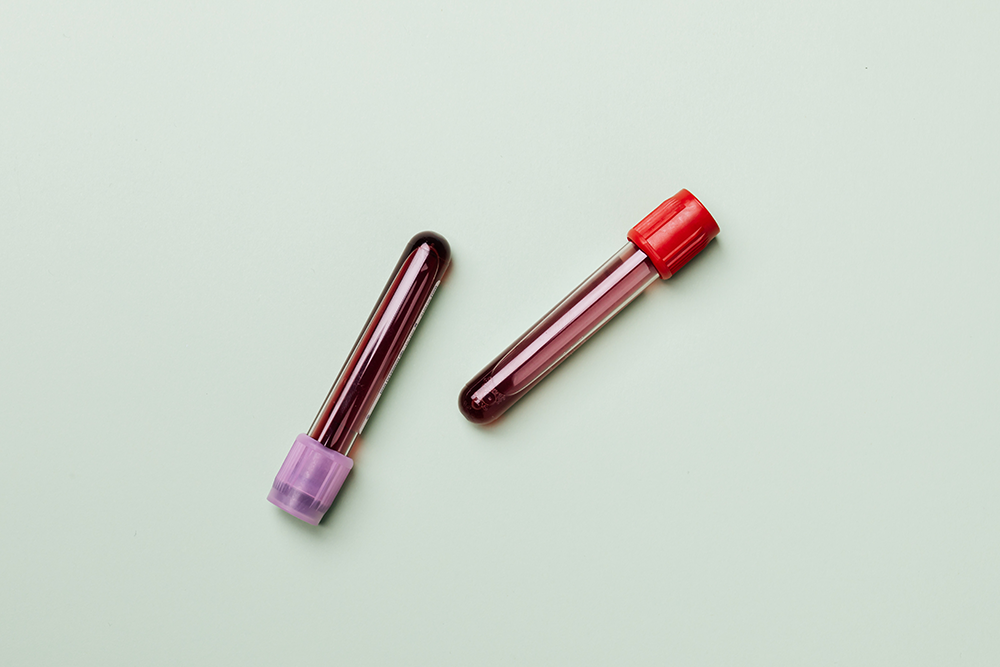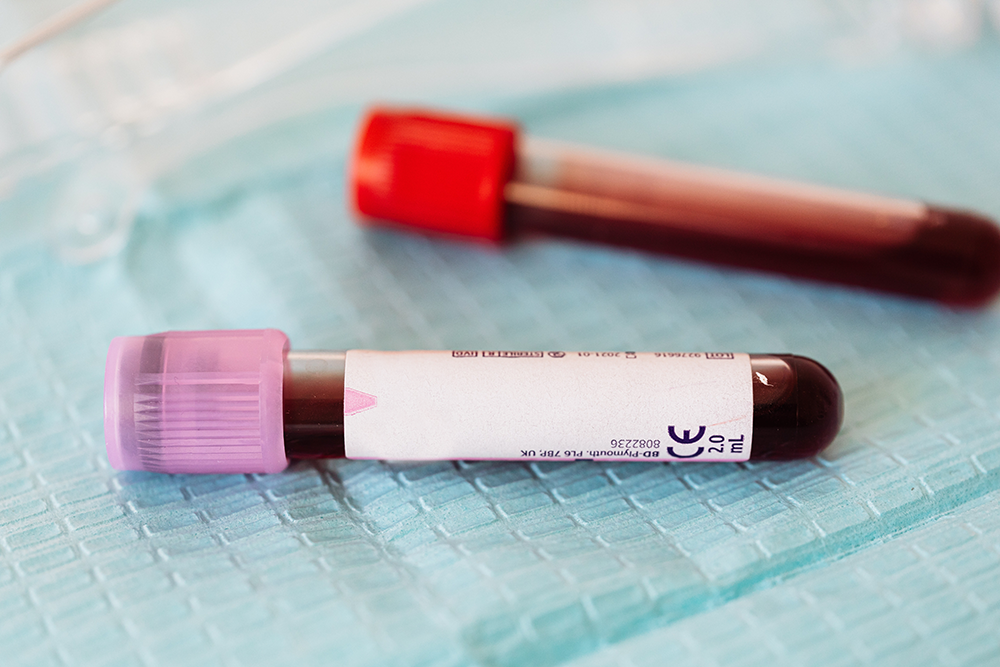
Dietary modifications may be the most direct and obvious way to keep your weight within healthy levels and help control your blood sugar. Yet, there are other techniques to supplement your journey along the way as well.
1. Get Bariatric Surgery
We know that obesity is the main risk factor for developing diabetes or elevated blood sugar levels. A study showed that weight gain increased the risk of diabetes among overweight adults while weight loss was shown to have major beneficial effects over time.
Weight loss surgery has been found to be the most effective method for managing diabetes and lowering blood sugar levels. In fact, 90% of patients with type 2 diabetes will see an improvement in their blood sugar levels while 78% of patients will be cured from diabetes just days after surgery.
2. Sleep More
It’s no secret that adequate sleep is essential for overall health and well-being. Sleep can help lower stress, strengthen our immune system, and decrease blood pressure. Sleep is also important for mental function including: alertness, memory consolidation, mood regulation, and physical health.
Poor sleeping habits also affect blood sugar levels and insulin sensitivity.
Slow wave sleep (SWS) is thought to be the most restorative sleep stage, as it affects hormonal changes. These hormones impact glucose regulation. Studies show when people do not get enough SWS, they have decreased levels of insulin sensitivity without an adequate compensatory increase in insulin release.
This leads to an increased risk of diabetes due to reduced glucose tolerance. Therefore, a bad quality of sleep may contribute to an increased risk of type 2 diabetes.
The benefits of a good night’s rest are important for maintaining hormonal balance and glucose regulation. But just how much sleep should you be getting? The amount of sleep required will differ depending upon age. For adults, seven to nine hours of sleep are recommended.
At H.V.M.N., they know that getting enough sleep is vital for performance. That’s why they developed Yawn—it’s their non-habit-forming sleep aid shown to decrease the time it takes to get to sleep and improve sleep quality, leaving you feeling refreshed upon waking.
3. Drink Apple Cider Vinegar
Apple cider vinegar has many benefits to overall health and wellness. Studies have suggested ingesting vinegar before sleeping may favorably impact waking glucose concentrations in people with type 2 diabetes.
This kitchen staple can influence the body’s response to sugar by improving insulin sensitivity, with studies indicating vinegar can improve insulin sensitivity after a meal in insulin-resistant subjects.
An easy way to incorporate apple cider vinegar into your diet is by creating vinegar-based salad dressings. You can also mix two teaspoons into a glass of water and drink it that way (just beware, it is tough to stomach). The use of apple cider vinegar is an inexpensive remedy to potentially improve blood sugar levels.
4. Add Ketone Supplements
A low-carb, high-fat ketogenic diet is a great way to bring blood sugar down over time. Focusing on consuming healthy fats, along with general carb restriction, will undoubtedly lower insulin and glucose.
However, by consuming ketone dietary supplements such as H.V.M.N. Ketone can also regulate blood sugar in the short term. And it doesn’t require weeks of the Keto diet to get into ketosis. Therefore, the effects on blood sugar are fundamentally different, because the body can still consume carbs and be in ketosis with this product.
Studies have shown that H.V.M.N. Ketone lowers blood sugar and may even reduce the insulin spike if you consume carbs. Maybe it’s not just the macros of the food you don’t consume—maybe the food you do eat can have a direct blood-sugar lowering effect.
5. Exercising Regularly
Regular exercise in conjunction with a proper diet can help you maintain or lose weight. People with type 2 diabetes can benefit from aerobic exercise, because physical activity is effective for reducing visceral fat as well as liver adipose tissue.
A single bout of exercise can increase insulin sensitivity for up to sixteen hours through multiple adaptations in glucose transport and metabolism. When you exercise, blood sugar is more effectively used for energy and muscle contraction.
Exercise can come in several forms including walking, running, biking, swimming, boxing, and weight lifting. The most important part of exercise is making the time to do it.
Lowering Blood Sugar for Overall Health
Keeping your blood sugar within normal recommended ranges is important for overall health.
By effectively controlling these levels you are less likely to develop diabetes. Make smart lifestyle decisions, including practicing regular exercise along with having a proper diet. There is no excuse when it comes to your health.
*This article was originally published at HVMN and has been modified from it's original version












